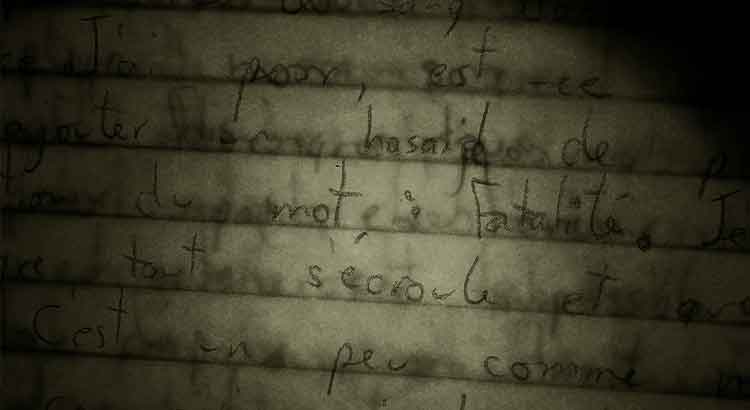Nelson Rodrigues is one of the rare Brazilian authors whose literature has universal value. This is simply because Nelson does not play at creating stories, he does not just say how bright the sun has risen or how sad a character is. Nelson judges, the world and the man, and exposes a personal interpretation of existence. Here lies the distinctive feature that most Brazilian authors seem to lack. In other words, one could say: Nelson’s literature contains a particular philosophy.
Tag: literature
More About Dostoevsky’s Style…
Let’s return to Dostoevsky’s style. For many, prolix, defective—and so they conclude that his work lacks technique. Children… The inaccuracy of this verdict derives from its superficiality: it only considers external aspects. What can be perceived in Dostoevsky is that, structurally, his narratives contain dramatic arcs very well prepared—and for this reason, but quoting another, Nabokov said that Dostoevsky would have been a great playwright. Going deeper into his narratives, that is, analyzing his characters individually, we notice that they, too, have arcs and transform themselves throughout the story, following the chain of events that will lead to the ending and give meaning to the work. The violence with which feelings are experienced and the impression of continuous aggravation that we get when we go through Dostoevsky’s pages would never occur if Dostoevsky did not conduct the narrative intelligently, fulfilling a methodical structural planning conceived precisely to enhance and dramatize the elements of the story. To say that Dostoevsky lacks technique is to assert, not fearing ridicule, that several of the most moving works of universal literature have come out of luck.
There Is No Control Over the Environment
The true artist, understanding his vocation and his role on this earth, must accept that it matters little what happens to him in life, what torments he suffers, which paths he takes. What matters is the profit he makes from the raw material that is offered to him to shape it and convert it into art, reacting to the reality that surrounds him and the conditions that are imposed on him. There is no control over the environment; there is, however, over the responses—which represent, in short, the artist’s individuality.
The Lesson of Dostoevsky
If there is something instructive in Dostoevsky, which should be learned by every artist, it is the fact that the Christian Dostoevsky, when he puts words into the mouth of a nihilist, ceases to exist. This is art; this is a prerequisite for a work that is intended to be convincing. If we take Demons alone, for example, that magnificent work in which nihilism has perhaps never been expressed so eloquently and multifacetedly, the Christian Dostoevsky appears so shy, amid multiple and very strong voices, that he appears almost non-existent. This is why many have called Dostoevsky, the Christian, a nihilist. And that is why his work, susceptible to endless interpretations, is one of the most authentic treasures of universal literature.



